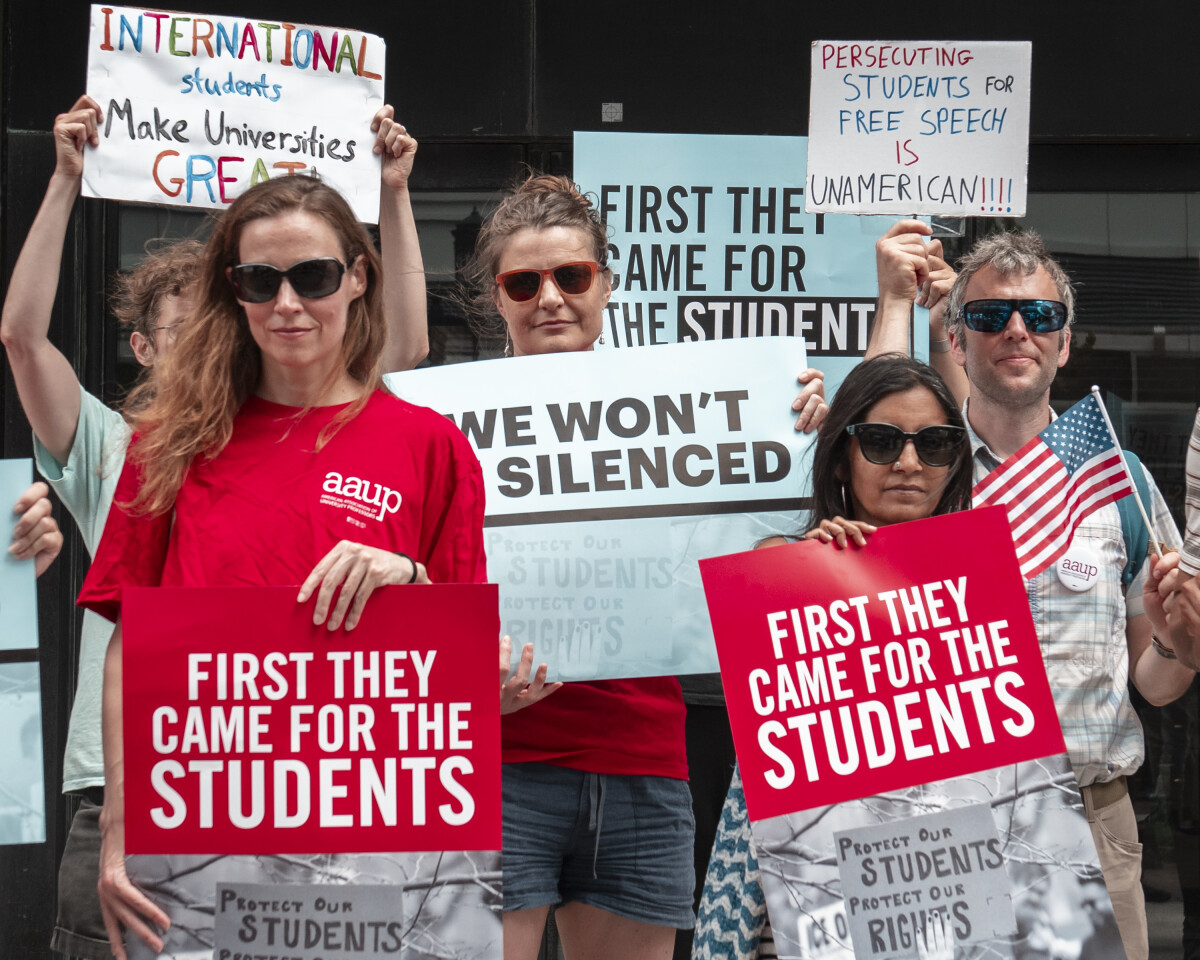Understanding the Rights of Non-Citizens to Sue in U.S. Courts
In the United States, the judicial system extends its protections and procedures equally to all individuals, regardless of their citizenship status. Non-citizens possess the same fundamental right to initiate lawsuits in U.S. courts as citizens do. This comprehensive right covers a broad array of legal disputes, ranging from employment conflicts to injury claims and contract disagreements. It is essential for non-citizens to be well-informed about the jurisdictional nuances and strict deadlines that govern civil litigation in the U.S. to effectively assert their rights.
The Legal Standing of Non-Citizens in U.S. Courts
The U.S. legal framework guarantees access to courts for everyone within its territory, whether they are citizens, lawful permanent residents, visa holders, or undocumented individuals. The Constitution and federal laws do not discriminate against non-citizens when it comes to the right to sue or be sued. Courts maintain jurisdiction over civil matters brought by non-citizens under federal and state laws, provided that the case falls within the court’s authority.
This principle is especially critical because many non-citizens engage in contracts, work in the labor market, or participate in other activities that may lead to legal disputes. Ensuring that non-citizens can enforce their legal rights in courts helps maintain fairness and legal order. Non-citizens may, for example, file lawsuits for unpaid wages, personal injuries, breach of contract, discrimination, and other civil claims, just as citizens would.
Common Legal Issues Faced by Non-Citizens in the United States
Non-citizens often find themselves involved in diverse civil legal matters. Recognizing the types of cases that non-citizens might encounter can aid them in understanding the litigation process and preparing effectively.
- Employment disputes, such as wrongful termination, unpaid wages, or discrimination;
- Personal injury claims resulting from accidents, medical malpractice, or unsafe premises;
- Contractual disagreements involving lease agreements, service contracts, or business transactions;
- Family law issues like child support, custody, and visitation rights (subject to certain jurisdictional requirements);
- Consumer protection claims related to faulty goods or unfair business practices.
Each type of legal dispute has distinctive requirements and procedures, making it crucial for individuals to understand their specific rights and obligations.
Jurisdiction: Where to File Your Case
Determining the appropriate court is an essential early step in any lawsuit. Jurisdiction refers to a court’s authority to hear a case and issue a binding decision. Both subject matter jurisdiction (the court’s authority over the type of dispute) and personal jurisdiction (authority over the parties involved) must be satisfied.
Federal courts generally handle cases involving federal laws, diversity of citizenship (where parties are from different states or countries), or claims exceeding a certain financial threshold. State courts, meanwhile, preside over most civil matters, including contract disputes, personal injury claims, and family law cases.
Non-citizens must identify the proper court based on their case’s specifics, such as the location of the incident, residence of the parties, and the nature of the legal claim. Filing in the wrong court can result in dismissal or delays.
Critical Deadlines and Statutes of Limitations
A vital aspect of filing any lawsuit in the U.S. is adhering to the statute of limitations. This law sets the maximum time period within which a plaintiff can bring a claim after the occurrence of the event causing the injury or dispute. Failing to file within this timeframe usually results in the inability to have the case heard.
Statutes of limitations vary by state and by the type of claim. For many civil cases, the filing period ranges between one and three years. For instance, personal injury claims typically must be filed within two or three years, whereas breach of contract claims might have a longer or shorter filing window. Non-citizens must familiarize themselves with these deadlines promptly to avoid losing their right to sue.
Consulting with a knowledgeable local attorney is strongly advised to verify applicable limitations and any exceptions that might apply. Some situations may toll (pause) the statute, such as when a plaintiff is a minor or incapacitated.
Gathering and Preserving Evidence
Effective litigation depends heavily on the quality and availability of evidence supporting your claim. Non-citizens should begin collecting all relevant documentation and information as soon as possible after the incident or dispute arises.
- Photographs or videos related to the event or injury;
- Written correspondences, including emails, text messages, or letters;
- Signed agreements, contracts, or receipts;
- Witness statements or contact information;
- Medical records or invoices if the case involves injuries;
- Any official police or incident reports.
Retaining copies of all evidence in a secure manner is essential. This organized documentation will facilitate discussions with your attorney and strengthen your position in court.
The Importance of Legal Counsel
Navigating the U.S. legal system can be daunting, particularly for non-citizens who may face language barriers, unfamiliarity with procedures, and complex laws. Seeking expert advice from a local attorney with experience in civil litigation is invaluable.
An attorney can assist with:
- Determining the best jurisdiction and court for your case;
- Clarifying applicable statutes of limitations and filing deadlines;
- Preparing and submitting court documents correctly;
- Advocating on your behalf during negotiations or court hearings;
- Explaining your legal rights and possible outcomes;
- Helping gather and organize crucial evidence.
Even if you are unfamiliar with the legal system, an experienced lawyer can guide you through each step, reducing errors and improving your chance for a favorable result.
How to Initiate Legal Action
Once you have consulted a qualified attorney and prepared your case, the process of initiating legal action typically involves the following steps:
- Filing a complaint or petition with the appropriate court that outlines your legal claims and desired remedies;
- Serving the complaint to the defendant(s) following prescribed procedures;
- Engaging in discovery, the exchange of evidence between parties;
- Participating in pre-trial motions or alternative dispute resolution methods like mediation;
- Going to trial if the case does not settle;
- Complying with the court’s judgment or pursuing appeals if necessary.
Being proactive and organized during these phases can greatly influence the success of your claim.
Additional Considerations for Non-Citizens
Non-citizens should also be aware of certain factors that might impact their legal proceedings:
- Language access services may be available to assist in comprehending court documents and proceedings;
- Immigration status generally does not affect civil lawsuit rights, but criminal matters or removal proceedings are separate;
- Some claims may require specialized knowledge, such as employment rights under the Fair Labor Standards Act;
- Privacy and confidentiality concerns, especially with sensitive documentation;
- Potential costs involved in litigation, including filing fees and attorney costs, which can sometimes be mitigated by pro bono services.
Available Resources and Support
Many organizations and legal clinics provide assistance to non-citizens seeking to understand or exercise their rights in civil court. These entities can offer guidance, educational materials, and sometimes free or low-cost legal representation.
Understanding your rights and obtaining appropriate legal help are fundamental steps toward seeking justice and protection under the law. Legal professionals with expertise in civil litigation for non-citizens can be reached through official platforms or trusted referral sources.
The right of non-citizens to sue in U.S. courts stands as a testament to the country’s commitment to justice and equality before the law. Whether facing employment issues, injury, or contractual disputes, non-citizens must be diligent in observing jurisdictional rules and strict filing deadlines. Early and thorough collection of evidence, coupled with prompt legal consultation, significantly increases the likelihood of a successful outcome. If you require professional legal assistance, please reach out through the communication channels listed in our bio or send a private message. Our team at Legal Marketplace CONSULTANT is dedicated to helping you navigate the complexities of U.S. civil litigation efficiently and effectively.
Legal Marketplace CONSULTANT is committed to providing comprehensive and professional legal support to individuals and businesses alike. Our experienced team of attorneys and consultants is here to assist non-citizens in protecting their rights and pursuing justice in U.S. courts.































